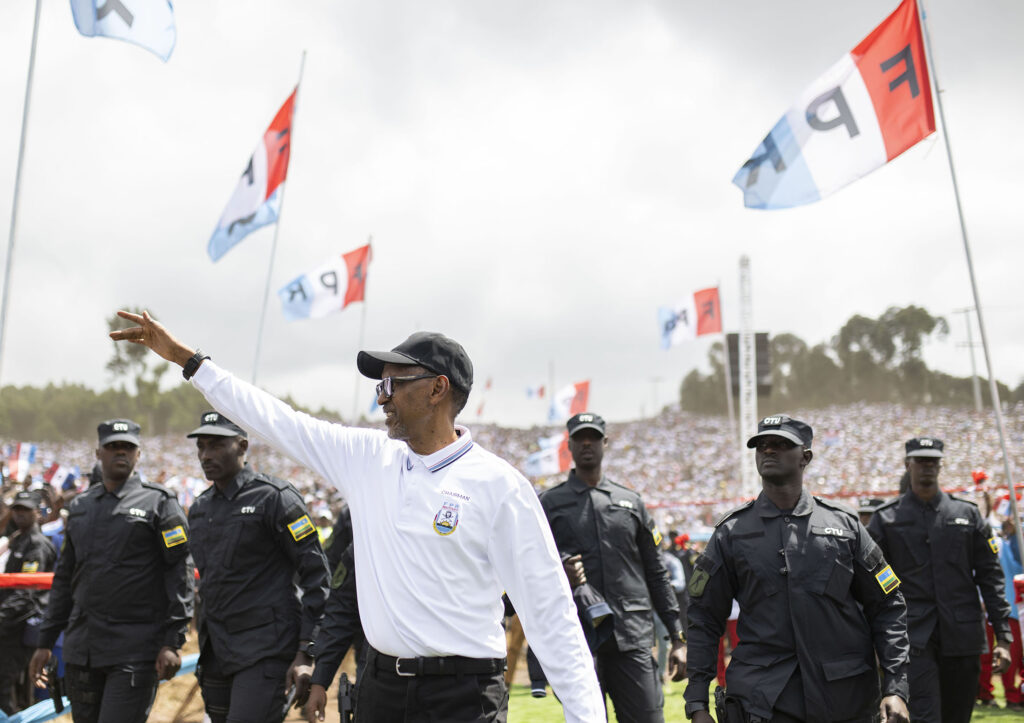
Millions of Rwandans participated in presidential and parliamentary elections on Monday, with President Paul Kagame anticipated to secure a decisive victory, extending his rule for another five years.
Kagame, who has been Rwanda’s de facto leader since the 1994 genocide and president since 2000, faces only two challengers after several prominent critics were barred from running. The current election mirrors the 2017 race, where Kagame won with nearly 99 percent of the vote.
The contenders include Frank Habineza, leader of the Democratic Green Party, and independent Philippe Mpayimana. They were the only candidates approved out of eight applicants.
Rwanda’s population is predominantly young, with 65 percent under the age of 30, and Kagame remains the only leader many Rwandans have known. He is credited with rebuilding the nation after the 1994 genocide, which resulted in the deaths of around 800,000 people, primarily Tutsis.
However, human rights groups accuse Kagame’s regime of suppressing the media and political opposition through arbitrary detentions, killings, and enforced disappearances. Internationally, the regime faces allegations of causing instability in the Democratic Republic of Congo, where a UN report claims Rwandan troops are aiding M23 rebels.
Despite these controversies, more than nine million Rwandans are registered to vote across 2,433 polling stations. Voting concluded at 3 pm (1300 GMT), and partial results are expected as counting progresses.
Many voters expressed confidence in Kagame’s leadership. Mariam Mukakaramba, a 47-year-old marriage counselor, said she voted “for development” and believed Rwanda was “now in a good place.”
While almost half of the population lives on less than $2.15 a day, Rwanda’s GDP grew by an average of 7.2 percent from 2012 to 2022. First-time voter Gatangaza Bwiza Nelly, 21, echoed the sentiment of stability and fairness in the election process.
Kagame has consistently secured over 93 percent of the vote in past elections and has implemented constitutional amendments that could allow him to remain in power until 2034. Courts have disqualified several prominent opposition figures, including Bernard Ntaganda and Victoire Ingabire, and Diane Rwigara was barred from running due to paperwork issues.
Despite these challenges, opposition candidate Habineza described the election atmosphere as “free and fair,” noting the ability to campaign throughout the country.
In the parliamentary elections, 589 candidates are vying for 80 seats in the Chamber of Deputies. Of these, 53 are elected by universal suffrage, while 24 spots are reserved for women, two for youths, and one for people with disabilities. Indirect elections for these seats will occur on Tuesday.


Comments are closed.